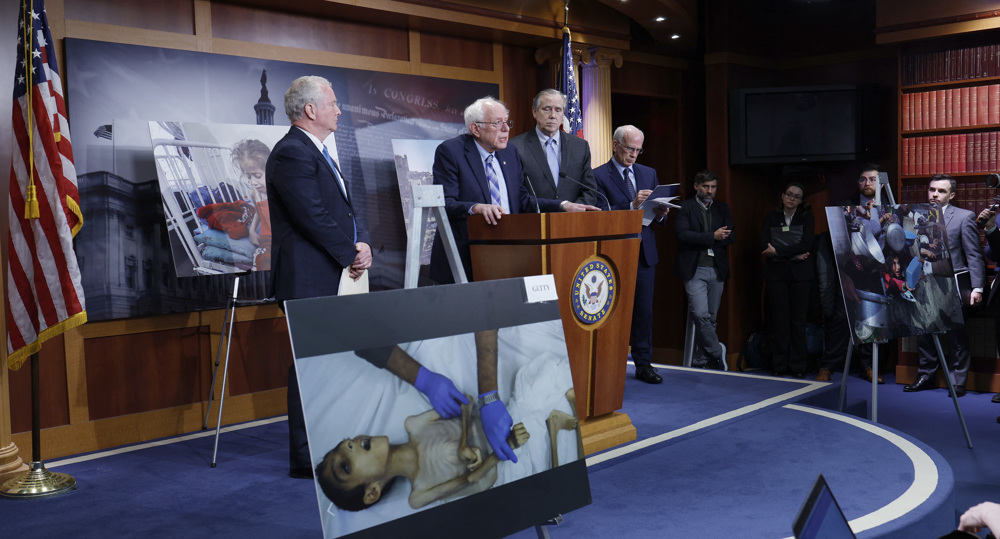Kerry hopes for ‘clarity’ in Geneva peace talks on Syria
US Secretary of State John Kerry has expressed hope for ‘clarity’ in planned Geneva peace talks on the years-long crisis in Syria.
Kerry says he hopes for clarity on the Syrian peace talks within 24 to 48 hours.
He also told reporters on a visit to Laos he agreed with the United Nations Special Envoy for Syria Staffan de Mistura that invitations for the talks should not be sent out until "all pieces are lined up," Reuters reported on Monday.
The comments come ahead of talks slated to start in the Swiss city on January 25.
The Geneva talks, likely to be delayed, are part of an 18-month timetable approved unanimously last December by the United Nations Security Council to resolve the Syrian conflict.
The UNSC Resolution 2254 endorses a roadmap for a peace process in Syria.
The resolution calls for a nationwide ceasefire in Syria and the formation of a “credible, inclusive and non-sectarian” government within six months and UN-supervised “free and fair elections” within 18 months.
The Syrian government has announced its readiness to participate in the negotiations but stressed that Damascus should be provided with a list of terrorist groups who are barred from the meeting and also the names of Syrian opposition figures expected to join the talks.
The UN special envoy to Syria, de Mistura, has hinted that foreign-backed opposition groups in Syria who enjoy support from major governments including France, Saudi Arabia, Turkey and Qatar are deliberately undermining ongoing efforts for a political solution in Syria, according to a report by the Foreign Policy magazine.
“The truth is that the parties remain locked in fixed positions and a ‘zero-sum’ game,” de Mistura told a closed-door briefing to the 15-nation UN Security Council meeting on January 18, adding, “Parties disagree not only on substance, but ... they also question that the UN could or should exercise its discretion in ‘finalizing’ the opposition list.”
Damascus has been fighting foreign-backed militant groups in the country since 2011.
The war in Syria has so far claimed the lives of over 260,000 people and displaced nearly half of the country’s population of some 23 million.
US vetoing of Gaza ceasefire resolution ‘disgraceful’: Iran’s UN envoy
VIDEO | IAEA adopts anti-Iran resolution tabled by E3
VIDEO | Iran's president urges Pope to help end Israel's onslaught in Gaza
Iran's senior legal official: ICC arrest warrant for Netanyahu ‘great victory'
Nov. 21: ‘Axis of Resistance’ operations against Israeli occupation
VIDEO | Israeli forces storm West Bank’s Jenin again, target civilians
Iran activates advanced centrifuges after IAEA's 'unjust' resolution
VIDEO | Press TV's news headlines










 This makes it easy to access the Press TV website
This makes it easy to access the Press TV website